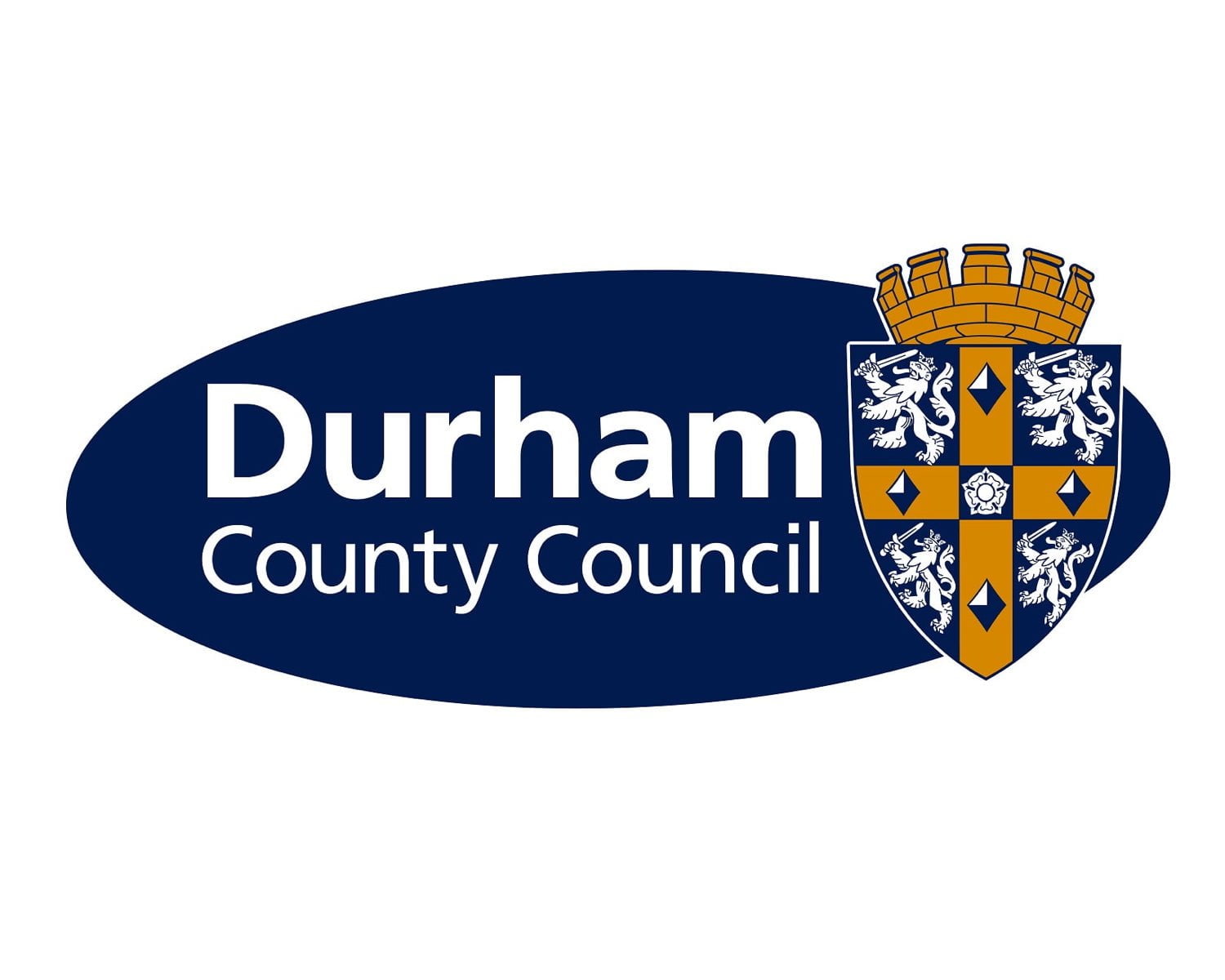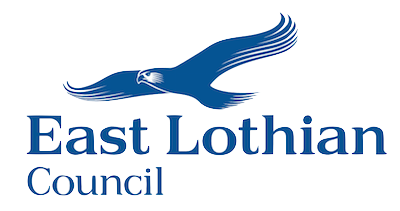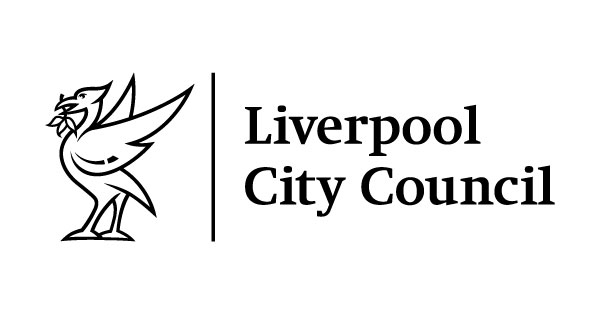Located in North East England, County Durham has a population of over 526,000, covering 223,260 hectares of land. With 30% of County Durham’s carbon emissions produced from road transport, Durham County Council (DCC) declared a climate emergency in 2019 and pledged to reduce carbon emissions from its operations by 80% by 2030.
Background
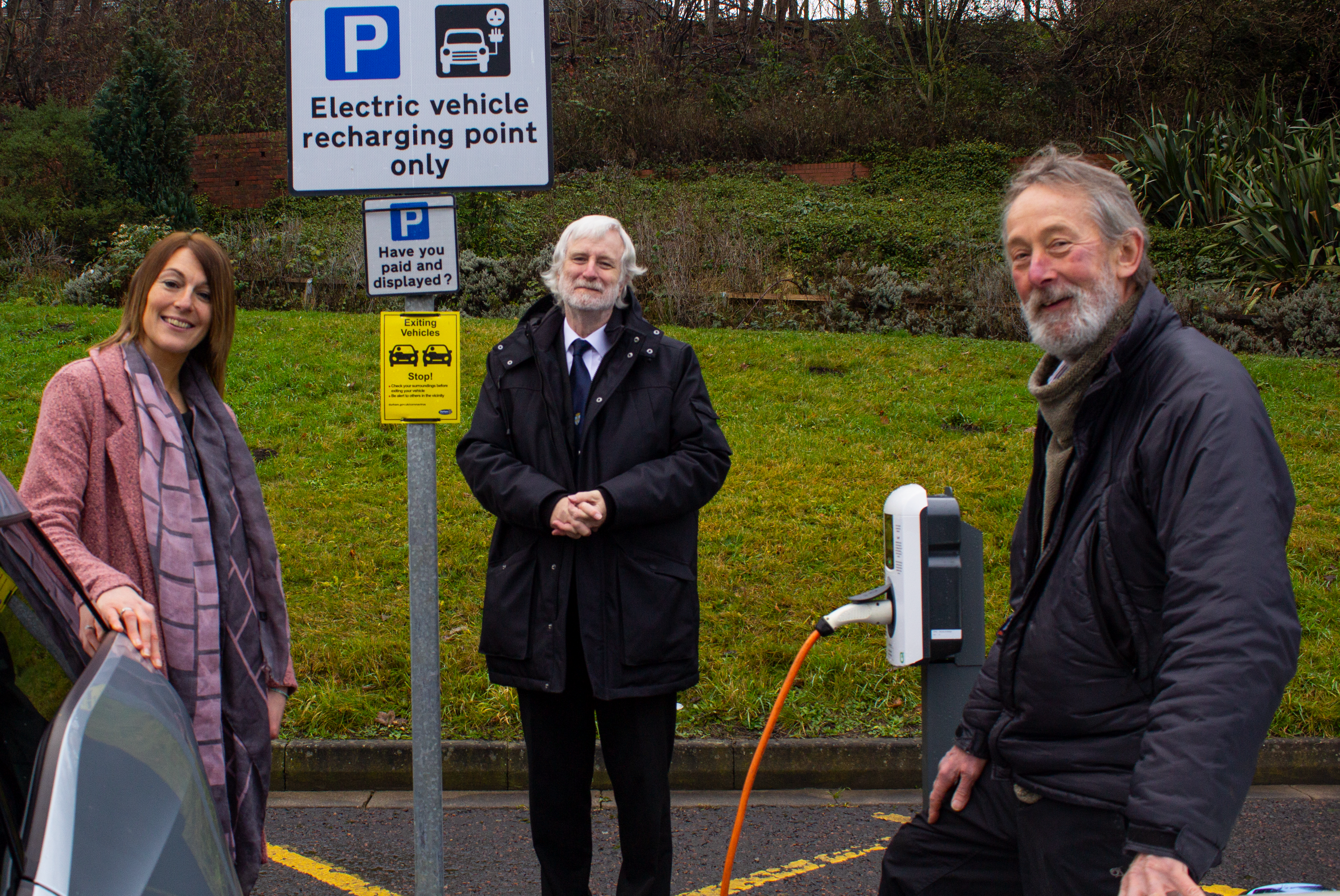
The process
In October 2019, DCC successfully applied for funding from Innovate UK and became a project member of the Scaling On-street Charging Infrastructure (SOSCI) project. The SOSCI project supports residents in rural County Durham who lack off-street parking to transition to electric vehicles (EVs) by installing public charging infrastructure.
40% of houses in County Durham are terraced with no off-street parking, so ensuring that residents have quick and easy access to on-street chargepoints is a key part of DCC’s plans to address carbon emission in the area.
As part of the SOSCI project, DCC plans to install a minimum of 100 electric vehicle chargepoints across the rural areas of County Durham. Within six months of starting the project, DCC located 246 potential chargepoint sites using Northern Powergrid’s free, online AutoDesign tool, which helps users identify the best locations for new electric vehicle chargepoints.
Trying to distribute chargepoints evenly across Durham was a challenge for DCC. In County Durham, there are 129 parish councils, so the minimum of 100 chargepoints required by the SOSCI project meant that the council could not provide a chargepoint to each parish council. This prompted DCC to apply for additional funding through the On-street Residential Chargepoint Scheme (ORCS).
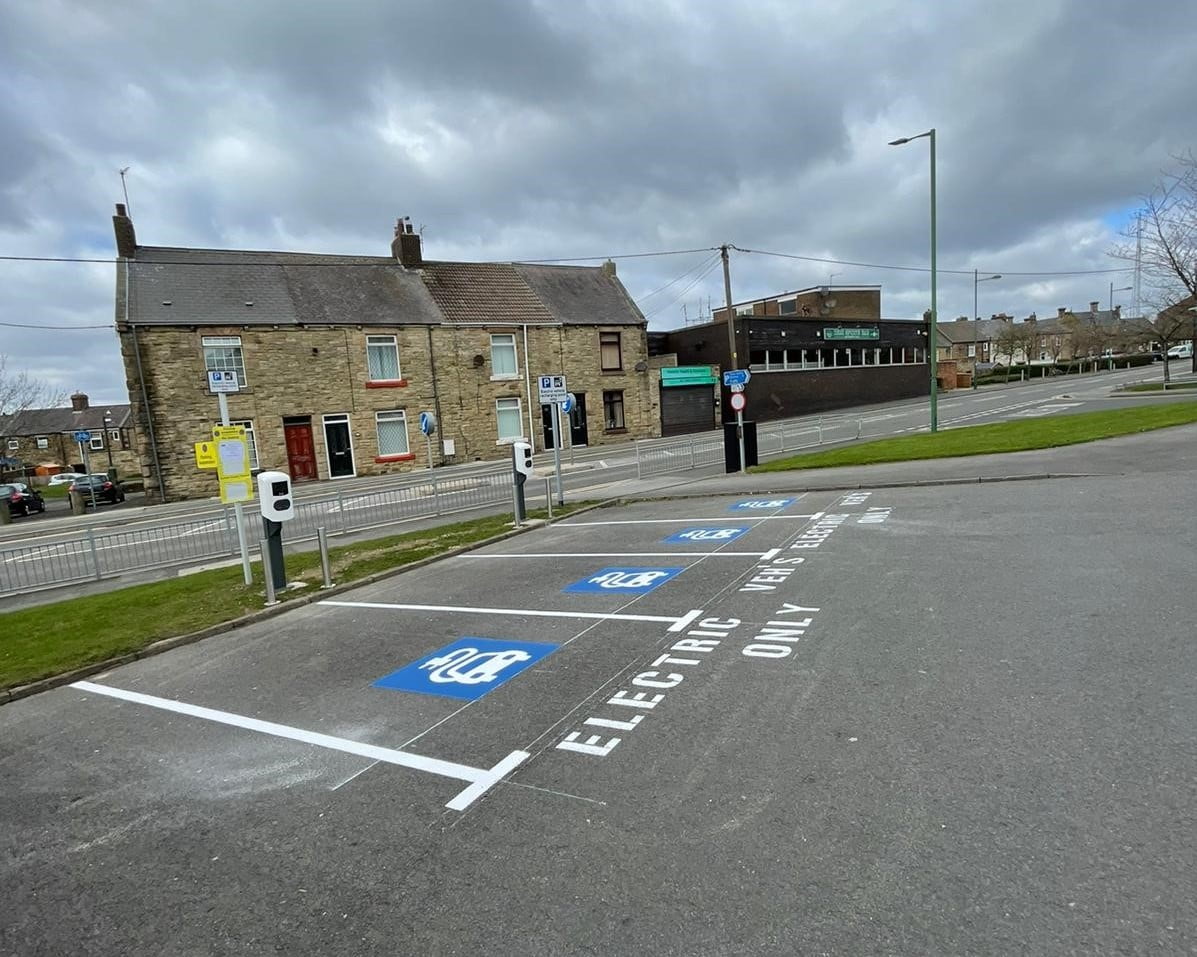
Results
DCC secured £450,00 of ORCS funding from the Office for Zero Emission Vehicles (OZEV), which it has used to implement two new projects in the community. The Weardale Electric Vehicle Accelerator (WEVA) project will install 10 7-22kWh chargepoints, spanning across eight sites in the rural village of Stanhope, so that every house has a chargepoint within a five-minute walk. The second project delivered by DCC using ORCS funding is the Durham Other Chargepoints (DOCs) project, which will install 50 chargepoints in areas across the county, working closely with parish councils.
As of March 2021, DCC has installed one batch of 37 chargepoints, with further batches still to come later in the year. DCC has also created an electric vehicle community group. Members include councillors and residents who have garnered interest into how they can access chargepoints in their area.
